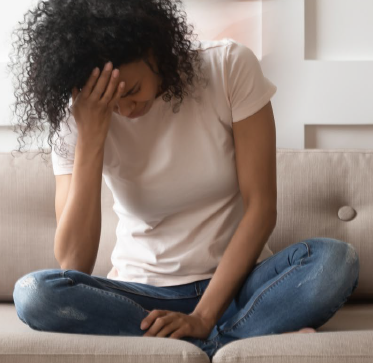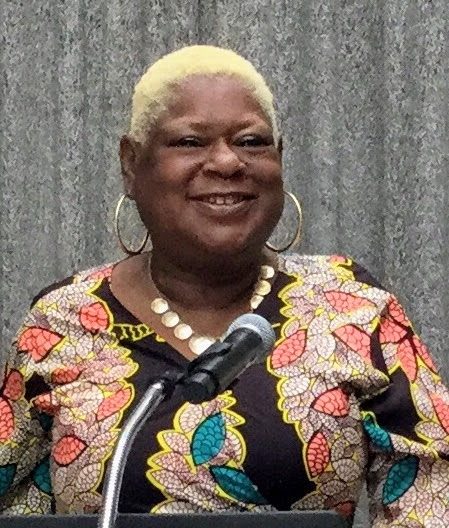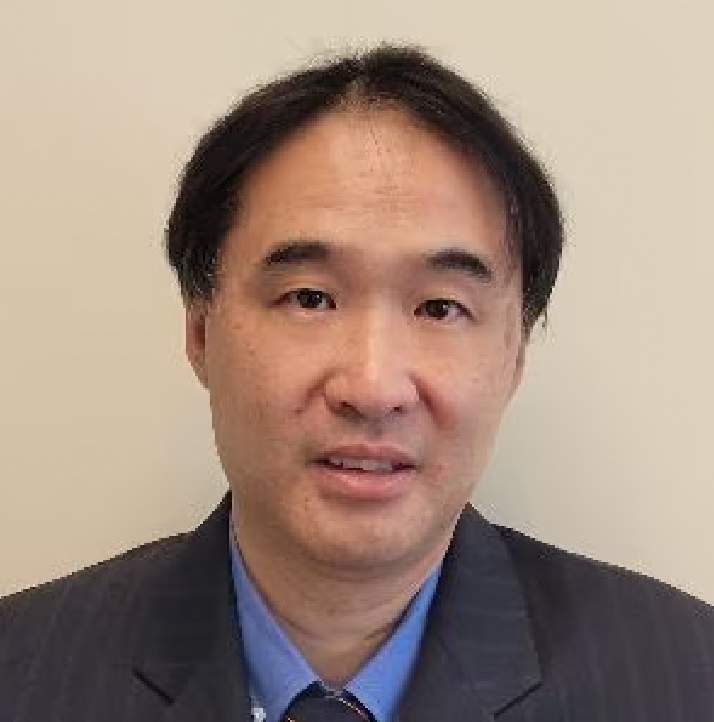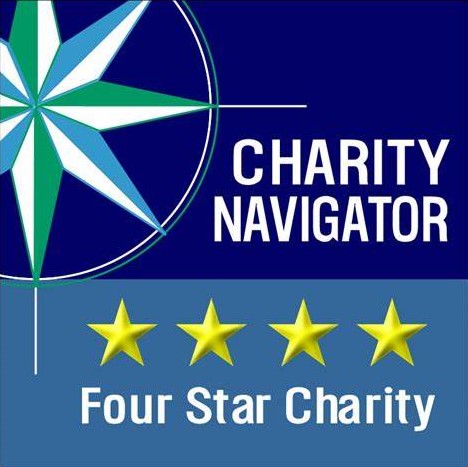By Kevin Chan, MD, MSci, and Dawn Edwards
INTRODUCTION FROM AAKP:
What does dialysis fatigue mean and feel like to you? Would you even describe it as “ fatigue,” or something different? This is exactly what researchers are trying to uncover as they dive into what it really means when a kidney doctor diagnoses a patient with dialysis “ fatigue.” “Fatigue” is one of the most frequent complaints of dialysis patients. It can affect in-center hemodialysis patients and those who are treated with a home therapy–either home hemodialysis or peritoneal dialysis.

AAKP invited patients like you to help in this important research.
As the oldest and largest kidney patient organization in the U.S., AAKP is dedicated to improving the lives and long-term outcomes of kidney patients through education, advocacy, and substantive patient engagement with federal agencies and research institutions. This includes partnering with agencies like the National Institutes of Health/National Institute of Diabetes and Digestive and Kidney Disease (NIH/NIDDK) to provide the patient voice as it hosts a scientific workshop on post-dialysis fatigue. I am very pleased that AAKP National Ambassadors Dawn Edwards, Leigh-Ann Williams, and Ashley Martin, AAKP Member Precious McCowan, AAKP Vice President Jennifer Jones, and AAKP Chair of Policy and Global Affairs Paul Conway played a key role in this effort along with our friend and ally Dr. Kevin Chan.
This research collaboration is consistent with AAKP’s strategy to greatly expand patient and care partner participation in research that impacts their lives and livelihoods. Just as we are working closely with NIH/NIDDK, we are also expanding our efforts with other federal agencies, including the U.S. Food and Drug Administration, Centers for Medicare and Medicaid Services, U.S. Department of Defense’s Congressionally Directed Medical Research Program, and the U.S. Department of Veterans Affairs. You will hear more about these opportunities in the coming months.
Thank you to all of you who participated in the event–your voice and lived experience is highly valuable to the advancement of kidney research and innovation!
Edward V. Hickey, IIII, USMC
AAKP President & Chair of the Veterans Health Initiative (VHI)
In brief: The National Institute of Diabetes and Digestive and Kidney Diseases (NIDDK) recently invited people on dialysis, care partners, healthcare professionals, and anyone with an interest in the care and safety of kidney patients to join a workshop about post-dialysis “ fatigue.” Patients shared how they felt after dialysis treatments and how it affects their life. The goal of the workshop was to help inform new research that may lead to treatments that restore your vitality after dialysis treatment.
If you are on dialysis, you see the healthcare team is attentively monitoring you during dialysis, but does the team ask how you are doing after or in between treatments? More than half a million Americans have kidney failure that requires ongoing dialysis treatment. It takes a team of healthcare providers to deliver this treatment: a physician, nurse, dietitian, social worker, and technician. This team spends a lot of time watching how your body performs during the dialysis treatment so they can adjust your dialysis and medications to optimize your health. Moreover, every patient needs an adequate amount of treatment so that fluid removal, blood pressure, dialysis symptoms (e.g. cramping), and phosphorus and potassium levels are managed to the target numbers.
The team also recognizes the enormous time and energy you commit to get your weekly treatments. You travel to the dialysis unit, wait your turn to be connected to the machine, and then undergo the lengthy treatment without being allowed to eat. Finally, you are unhooked from the machine and weighed before being are allowed to go home.
Not surprisingly, more than half of people on dialysis report experiencing “fatigue” immediately after dialysis treatment. Some are too tired to read, eat, or talk, and often go directly to bed. Post-dialysis “fatigue” can sometimes be worse than the treatment itself because of how it can affect your livelihood. Unfortunately, the dialysis team rarely gets to see what you look like at home.
Post-dialysis “fatigue” also affects individuals who perform peritoneal dialysis or hemodialysis at home.
NIDDK is the primary kidney health research institute for the National Institutes of Health (NIH) that funds scientific research to improve the lives of people with kidney disease, including those who receive dialysis. NIDDK recognizes that post-dialysis “fatigue” is
an understudied dialysis complication that presents a significant burden to people on dialysis. No accepted diagnostic criteria currently exist to identify which people have post-dialysis “fatigue,” the causes of “fatigue” after dialysis, nor if “fatigue” is even the right word to describe how a patient feels after their treatment. Other than prescribing rest, we have no good therapies or recommendations to improve your energy after dialysis.
As scientists, we need to better understand what post-dialysis “fatigue” means to you. This knowledge can help us pursue research leading to new practices and therapies to improve people’s vitality after dialysis. NIDDK hosted a scientific workshop on May 22 and 23 on post-dialysis “fatigue.” This public forum brought together people on dialysis, care partners, healthcare providers, researchers, and government agencies to have a frank discussion about what we know and don’t know about post-dialysis “fatigue,” and what to do next to make progress.
People who experienced dialysis told us how “fatigue” makes them feel, physicians spoke on the state of the practice, and researchers shared how we measure “fatigue” and what we currently know causes “fatigue.” Time was allowed for people to share how they feel after dialysis treatments and how it affects their livelihood–from their ability to work full-time or part-time, care for their children/grandchildren, walk up a flight of stairs, or simply having enough energy to make themselves a sandwich.
We thank those who took time to share their thoughts during and before the workshop. The feedback will help shape how post-dialysis “fatigue” is treated in the future.
For more information on this study, visit: Mayo Clinic Living Kidney Donor Information: http://bit.ly/3kYA5wl
Dawn Edwards is a self-described 30-year chronic kidney disease warrior. She has experienced firsthand every renal replacement modality, including a kidney transplant and rejection. She is currently a nocturnal home hemodialysis patient and is pursuing a second transplant. Dawn is dedicated to improving the quality of life for people with kidney diseases and is a resource to her community, sharing her story and educating people about the relationship between hypertension, diabetes, and kidney diseases, especially among the underserved and communities of color. Dawn is the founder of New York State CKD Champions and an AAKP Ambassador.

Kevin Chan, MD, MSci, is a nephrologist and Scientific Officer for the National Institute of Diabetes and Digestive and Kidney Diseases (NIDDK). He manages NIDDK’s scientific portfolio on clinical trials, chronic dialysis, and data informatics. Kevin enjoys working with dialysis and chronic kidney disease patients.































